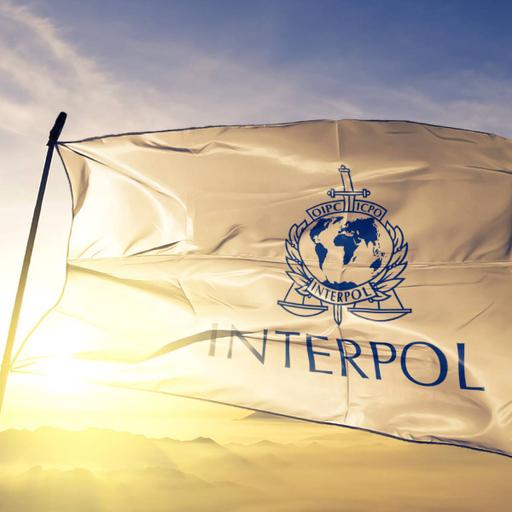Interpol
Presentations | English
The International Criminal Police Organization is an international organization that facilitates worldwide police cooperation and crime control. Headquartered in Lyon, France, it is the world's largest international police organization, with seven regional bureaus worldwide and a National Central Bureau in all 194 member states. Interpol was conceived during the first International Criminal Police Congress in 1914, which brought officials from 24 countries to discuss cooperation in law enforcement. It was founded in September 1923 as the International Criminal Police Commission (ICPC), adopting many of its current duties throughout the 1930s. After coming under Nazi control in 1938, the agency was effectively moribund until the end of World War II. In 1956, the ICPC adopted a new constitution and the name Interpol, derived from its telegraphic address used since 1946. Interpol provides investigative support, expertise, and training to law enforcement worldwide, focusing on three major areas of transnational crime: terrorism, cybercrime, and organized crime. Its broad mandate covers virtually every kind of crime, including crimes against humanity, child pornography, drug trafficking and production, political corruption, intellectual property infringement, and white-collar crime. The agency also facilitates cooperation among national law enforcement institutions through criminal databases and communications networks. Contrary to popular belief, Interpol is itself not a law enforcement agency.

9.00
Lumens
PPTX (35 Slides)
Interpol
Presentations | English
